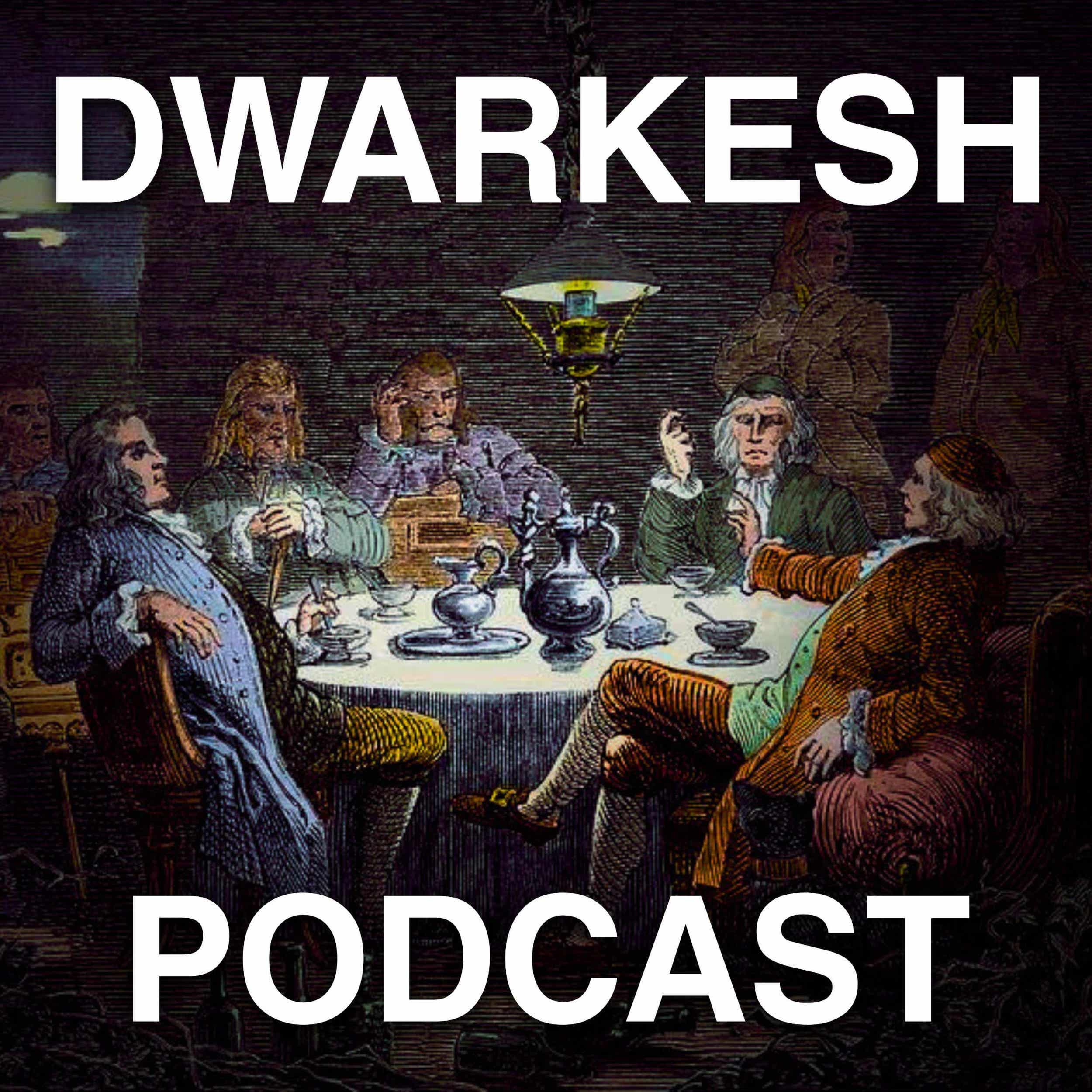PortalsOS
Related Posts
Vote to see vote counts
Nick Lane explains that uniparental inheritance, where mitochondria are inherited from only one parent, increases variance between daughter cells. This evolutionary strategy minimizes errors by ensuring that only one parent passes on mitochondria, which is crucial for maintaining genetic stability.

Nick Lane discusses how uniparental inheritance of mitochondria increases genetic variance between cells, allowing natural selection to favor those with fewer mutations.
Nick Lane discusses the evolutionary rationale for having two sexes, explaining that it allows for the differentiation of roles: one sex passes on mitochondria while the other does not. This division minimizes errors and maintains genetic integrity, despite seeming inefficient compared to having more sexes.
Nick Lane describes how the mitochondrial genome has shrunk over time from thousands of genes to just 37 in humans. This reduction is due to the inability to maintain a large genome within the confined environment of a cell.
Nick Lane explores the idea that feelings might be linked more broadly to life itself, suggesting that if feelings are real and evolved, then natural selection must be able to act on them in some way. This implies that feelings have a physical basis that should be measurable, even though we currently struggle to define what we're trying to measure.
Mitochondria, derived from bacteria, generate energy by creating an electrical charge across a membrane. This charge is equivalent to 30 million volts per meter, akin to a bolt of lightning, showcasing the colossal energy potential within cells.
The Earth acts like a giant battery, producing little living cell mini-batteries through hydrothermal vents. This fascinating theory suggests that the structure of cells mirrors the Earth's own structure, with electrons inside and a relatively oxidized outside.
Anesthetics affect mitochondria, which is surprising because it suggests that even simple organisms like amoebas can be made 'unconscious'. This raises intriguing questions about the nature of consciousness beyond neural networks.
Nick Lane discusses the challenge of explaining complex biological concepts to a lay audience, noting that while physicists often write about big questions, there are fewer accessible books on the complexities of life and its origins.
Nick Lane explains that protocells in hydrothermal vents could self-organize and grow by deterministic chemistry, leading to early forms of heredity. This sets the stage for more complex life forms.